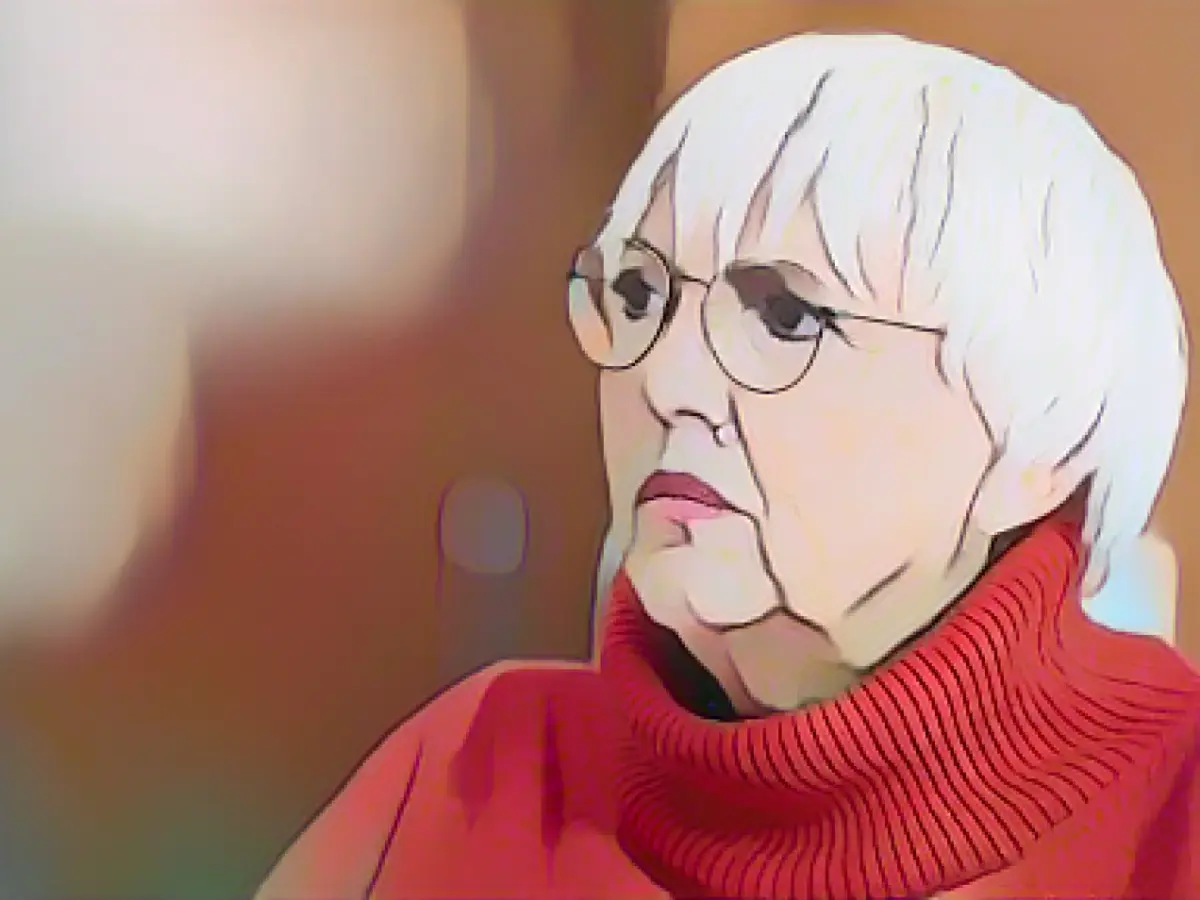Strengthening the Advisory Commission for Nazi-Looted Property Restitution: Claudia Roth's Proposed Measures
Minister of State for Culture Claudia Roth recently announced plans to beef up the Advisory Commission for the Restitution of Nazi-Looted property in Germany. She pointed out that funding and project partners will now be contingent on the possibility of unilateral appeals, effective from January onwards.
The Advisory Commission, established in 2003 by the German federal government, federal states, and local authority associations, serves to mediate in disputes over the restitution of cultural property seized during Nazi persecution. Chief among the reasons for the Commission's underperformance in its 20-year history is that it can only intervene when both parties to the conflict agree to involve it. This situation often leads to inactivity from one side or lack of cooperation, resulting in only 23 cases being resolved over two decades. Estimates suggest that up to 600,000 artworks were plundered during the Nazi era.
According to Green politician Roth, critical components of the proposed reform involve ensuring unilateral appealability, increasing transparency and traceability, and enabling the Commission to independently conduct provenance research. Her discussions with the federal states are apparently progressing well. On the legislative front, the federal government is working to remove the statute of limitations for Nazi-looted property, establish a central place of jurisdiction, and legally anchor the right to information.
A joint project between the Prussian Cultural Heritage Foundation in Berlin and the Bavarian State Painting Collections could significantly impact federal funding. In the ongoing restitution dispute over Pablo Picasso's "Madame Soler" painting, the Munich museum authorities have stonewalled an unilateral appeal to the Commission. The painting was purchased from the New York art dealer Justin K. Thannhauser in 1964, with the Bavarian State Museum claiming that the sale in 1935 was not directly linked to the persecution of the Mendelssohn-Bartholdy family.
The wider cultural policy context in Germany continues to prioritize the resolution of the Nazi-looted property debate. Addressing the legacy of National Socialism, providing justice for its victims, and safeguarding the integrity and transparency of German museums all play significant roles in the ongoing restitution efforts.
Enrichment:
- Upcoming Conference on Restitution: A conference titled "1945 – The struggle over art. Cultural property between loss, relocation and restitution" is scheduled to take place in Berlin. This event will further explore the challenges and complexities surrounding the restitution of Nazi-looted property and compensation[1].
- Documentary on Max Stern: The film "The Spoils" presents the story of Max Stern, a Jewish art dealer who lost his gallery and artworks to the Nazis. The movie highlights the problems and controversies surrounding the restitution of looted art, including the intricacies of museum collections and the historical background of Nazi art crimes[4].
[1] "Kunstwerke zurück – Kunstlerische Wertwerte zwischen Loss, Umsiedlung und Restaurierung." Goethe-Institut Dublin. 2023. .
[2] Schefenacker, Sebastian. "Kunstrestitution: 'The Spoils' – Der Fall Max Stern." WDR. 2023. .
[3] "Kulturarbeitsministerin Roth: Unilaterale Beschwerdberechtigung bei Rückerstattungsbeschlüssen." Bundesregierung. 2023.
[4] Naujoks, Christoph. "Kulturrestitution: 'The Spoils' – Der Fall Max Stern." WDR. 2023. .
[5] "Dem spurlosen Galeristen Max Stern – 'The Spoils' zeigt eine Epoche vom Verlust." Deutsche Welle. 2023. .








